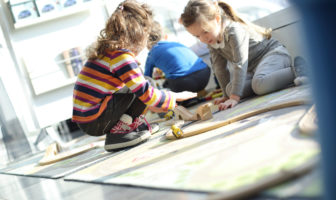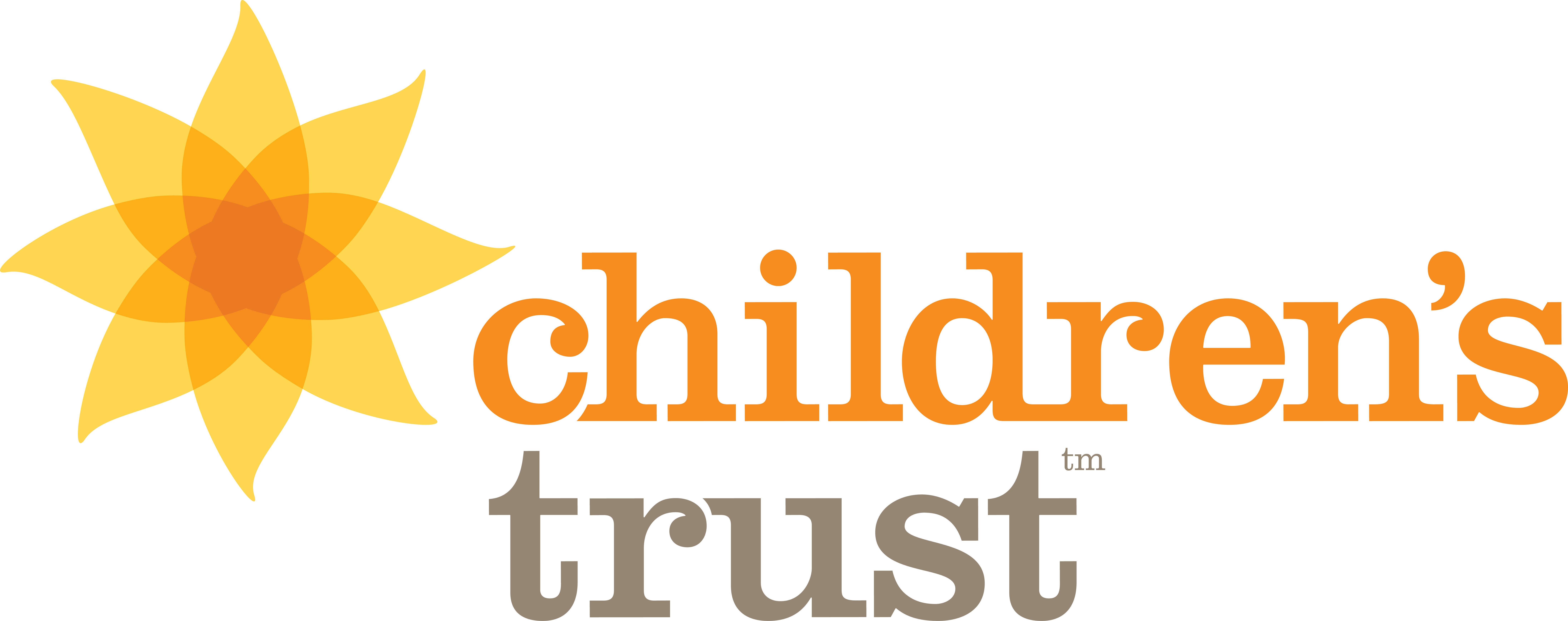It’s important to teach your child about racism and set a good example by modeling what it means to be anti-racist.

Supporting Conversations about the Lesbian, Gay, Bisexual, Transgender, Queer (LGBTQ+) Community with Children
Children often understand more than we think at a young age, so it is important to provide them with a safe environment to discuss gender and identity. Your child may be curious or notice some of their friends have two moms or two dads or has questions about others that are LGBTQ+. Your child may have an interest in wearing clothes of another gender. Children who have appropriate support systems are more likely to be more mentally healthy, and children who are taught to include all people helps to build their empathy for themselves and others.
Here are some ways you can support a child that may be LGBTQ+:
- Learn about the LGBTQ+ community – begin by learning about the variety of identities and history of the LGBTQ+ community. PFLAG is a great place to start, with content made for parents and caregivers.
- Focus on answering questions with positivity – your children may rely on you to answer questions they have about the LGBTQ+ community, gender, or sexuality. It is important to respond to their curiosity with openness and positivity to promote positive feelings about the LGBTQ+ community.
- Allow them to explore their identity – Children benefit from being able to explore their identity through different types of expression. For example, your daughter may want to explore a new hairstyle as a way to express her LGBTQ+ identity. It is important to remember that new or different expressions may help your child feel more like themselves.
- Celebrate the LGBTQ+ community – Being LGBTQ+ is something that should be approached with joy and pride. Your family and community should celebrate these identities and teach your children that people with LGBTQ+ identities are meant to be celebrated. June is Pride Month, a time for celebrating LGBTQ+ identities.
- Find LGBTQ+ supportive community – If you believe your child is LGBTQ+ it may be helpful to find them a local LGBTQ+ community, to help support them. There are support groups in the greater Boston area to help with this. If there aren’t safe communities in your area, try to introduce media such as TV shows or books with LGBTQ+ representation to your child.
As a parent or caregiver, you may be able to help support positive conversations and exploration, helping your child and others in feeling loved and accepted. Your openness to your child may make a difference in their mental and physical health. The most important thing you can do is to show love and support and listen to the child’s questions and needs. For more information about supporting LGBTQ+ children click here.
other articles and videos we love
The rise in states legalizing marijuana poses a health risk to children if they accidentally ingest it or inhale the fumes.





